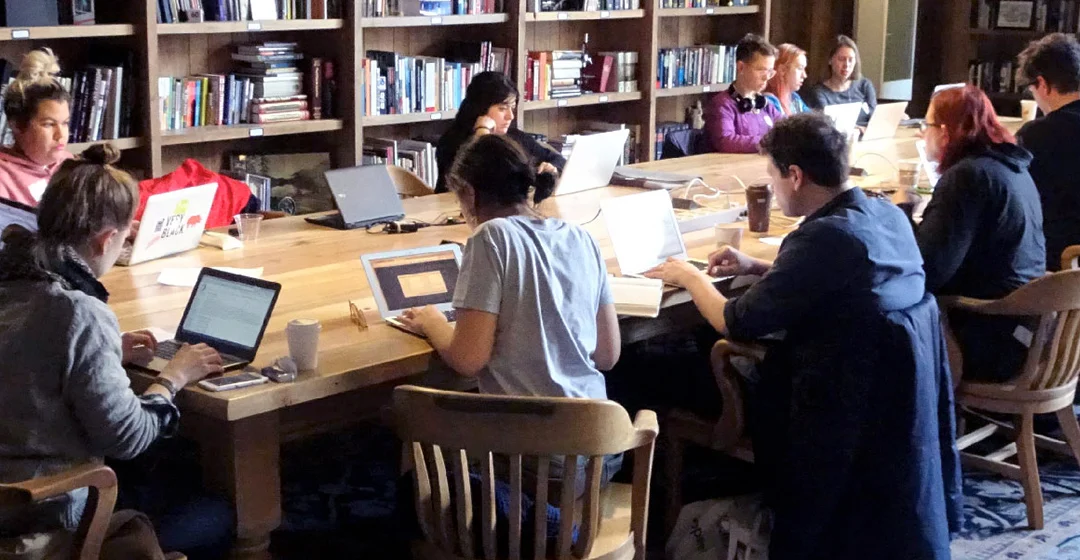Esade Entrepreneurship Institute
Too good to be true? Discounts in crowdfunding

Article based on research by Daniel Blaseg, Christian Schulze & Bernd Skiera (Photo: Jim Henderson/Kickstarter library)
Reward-based crowdfunding has become a keystone of entrepreneurship. Over the last 10 years, hundreds of thousands of creative projects including tech products, apps, games, movies and music have been launched thanks to over $10 billion of funds pledged by more than 75 million backers. Funding platforms such as GoFundMe, Indiegogo and Kickstarter have become household names.
In theory, it is a win-win-win situation: makers get access to cash, platforms take a cut, and customers who support projects gain early access, discounted prices, or other rewards. In many cases, this is undoubtedly true, which is why the platforms continue to be successful.
However, research by Esade Professor Daniel Blaseg, Christian Schulze from Frankfurt School of Finance & Management, and Bernd Skiera from Goethe University Frankfurt suggests that some backers on Kickstarter are not receiving what they believe they are signing up for. They have highlighted serious concerns about price advertising claims (PACs), a form of advertising used in the sale of products and crowdfunding campaigns whereby current prices are compared with a suggested reference price such as former and later prices, retail prices, or suggested prices by manufacturers.
